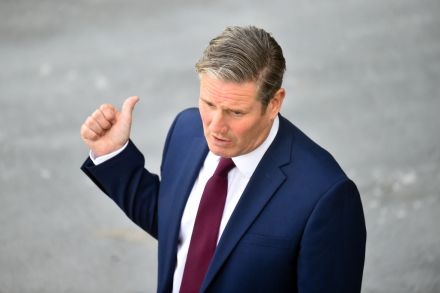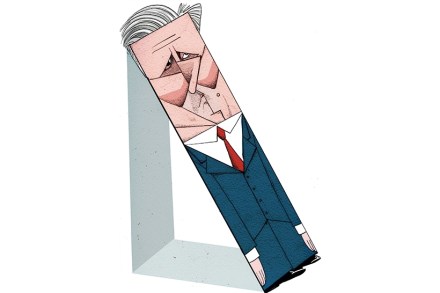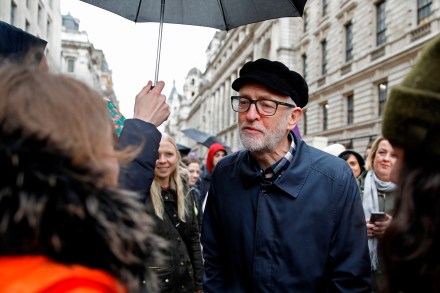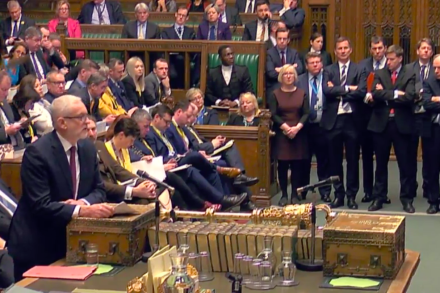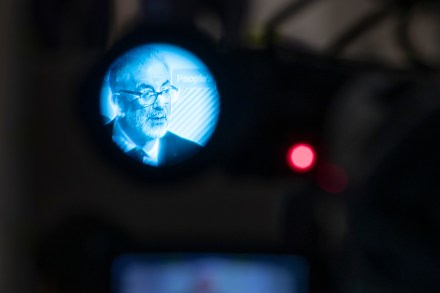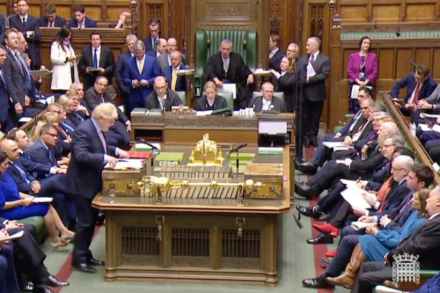The real test for Starmer will come post-Covid
Labour is gearing up for its first big Commons clash since returning from recess this afternoon, with shadow education secretary Kate Green taking on Gavin Williamson after his statement on the opening of schools and colleges. On the surface, the party has had its easiest summer in a long while, with no real factional battles or rows about its leader. Keir Starmer has bedded in quietly, and some Labour MPs have been able to switch off from thinking about the party for the first time in years. MPs who thought their party might have been over a year ago are now in an upbeat mood. ‘This is the first summer
